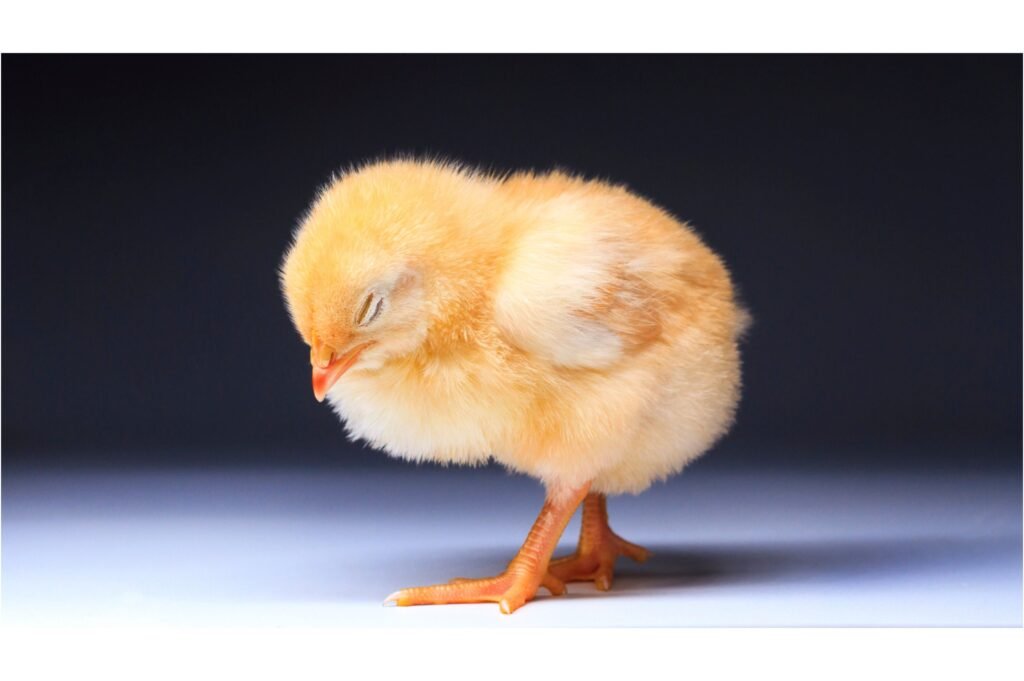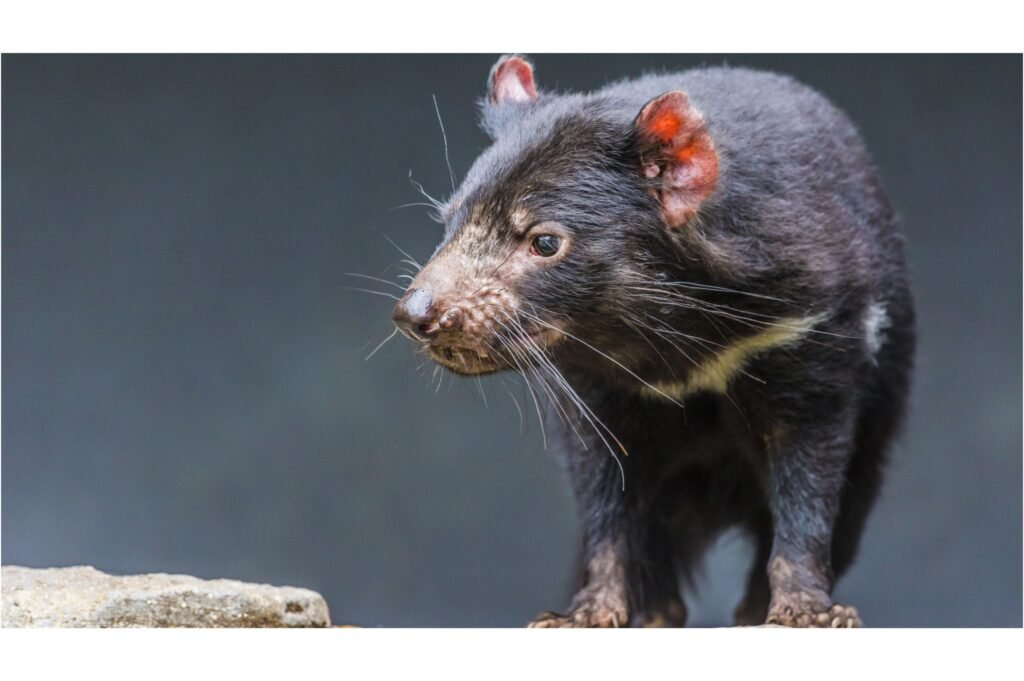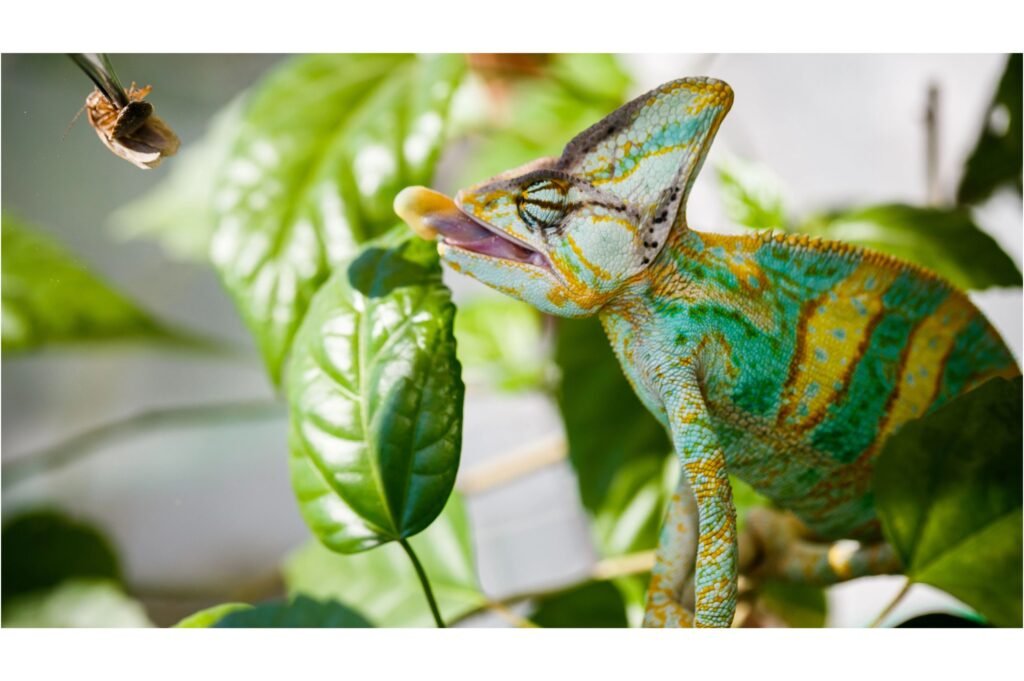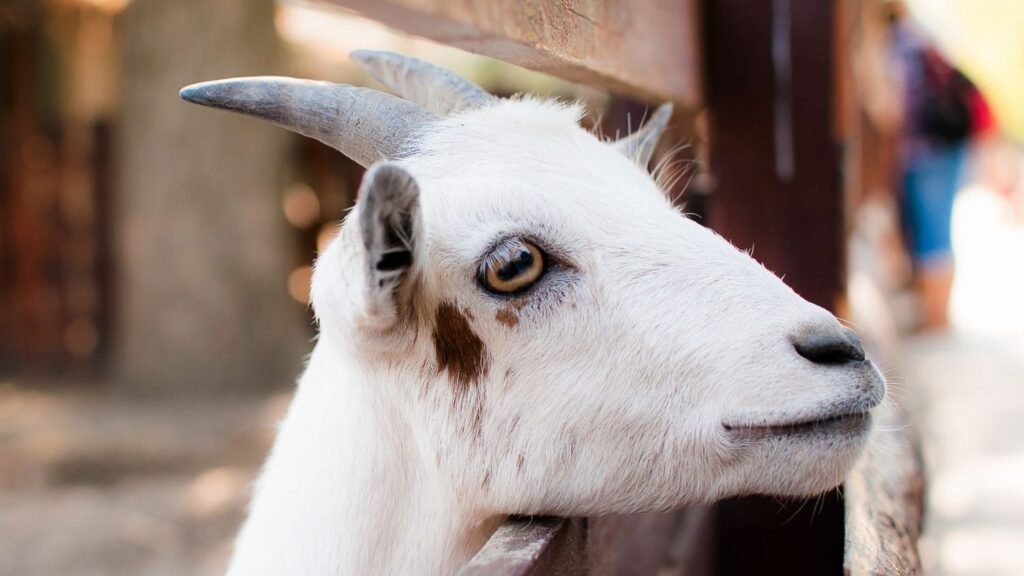Epigenetics is a fascinating field that explores how external factors can influence gene activity without changing the underlying DNA sequence. In animals, these changes can significantly impact health, behavior, and development. By understanding the role of epigenetics, we can uncover new ways to improve animal care, prevent diseases, and manage environmental challenges.
Understanding Epigenetics

Epigenetics involves modifications that turn genes on or off. These changes don’t alter the DNA sequence but affect how cells read genes. Factors like environment, diet, and stress can lead to epigenetic changes.
Epigenetic Mechanisms

Common epigenetic mechanisms include DNA methylation and histone modification. DNA methylation adds a chemical group to DNA, often silencing genes. Histone modification changes how DNA is packaged, influencing gene expression.
Impact on Animal Development

Epigenetic changes play a crucial role in animal development. They help cells differentiate into various types with specific functions. Without epigenetic regulation, proper development wouldn’t occur.
Environmental Influences

Environmental factors can lead to epigenetic changes in animals. Exposure to toxins, for example, may alter gene expression. These changes can affect an animal’s health and behavior.
Diet and Nutrition

An animal’s diet can cause epigenetic modifications. Nutrients may influence gene expression related to metabolism. Proper nutrition is essential for maintaining healthy epigenetic patterns.
Stress and Epigenetics

Stressful experiences can result in epigenetic changes. These modifications might affect how animals respond to future stress. Managing stress is important for maintaining epigenetic health.
Transgenerational Effects

Some epigenetic changes can be passed to offspring. This means environmental factors affecting parents might influence their descendants. Understanding this helps in managing animal breeding and health.
Epigenetics in Disease

Epigenetic alterations can contribute to diseases in animals. For instance, abnormal DNA methylation patterns are linked to certain cancers. Studying these changes aids in disease prevention and treatment.
Research in Epigenetics

Ongoing research is uncovering how epigenetics affects animal health. Studies in various species help us understand these complex mechanisms. This knowledge can improve animal care and management.
Practical Applications

Understanding epigenetics offers practical benefits. It can inform breeding programs and disease prevention strategies. By considering epigenetic factors, we can enhance animal health and well-being.

Linnea is a born and bred Swede but spends as much time as possible in Cape Town, South Africa. This is mainly due to Cape Town’s extraordinary scenery, wildlife, and atmosphere (in other words, because Cape Town is heaven on earth.) That being said, Sweden’s majestic forests forever hold a special place in her heart. Linnea spends as much time as she can close to the ocean collecting sea shells or in the park admiring puppies.




